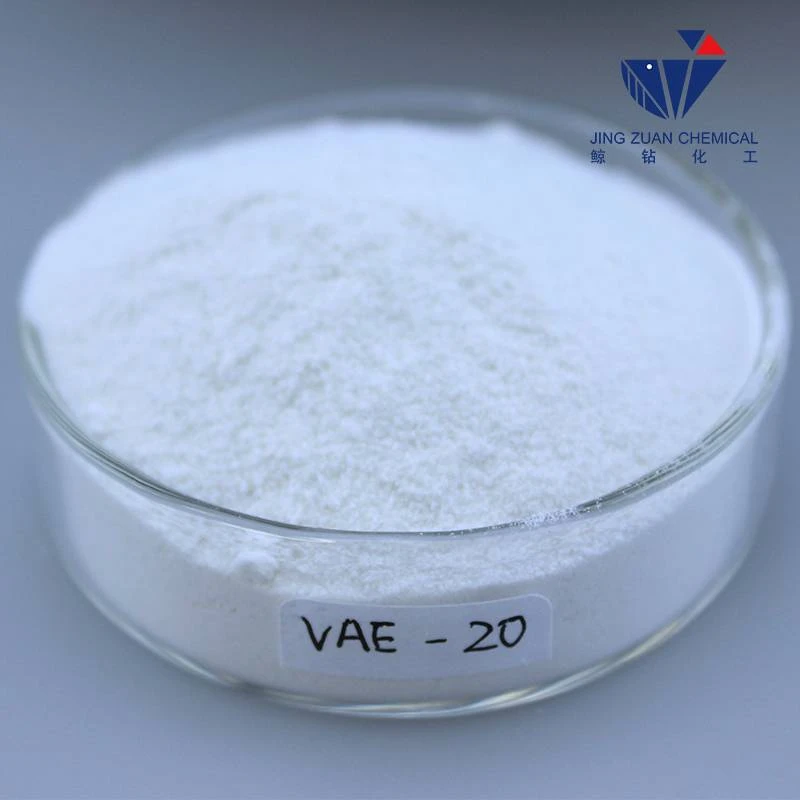
Nov . 23, 2024 04:27 Back to list
is hpmc water soluble
Is HPMC Water Soluble?
Hydroxypropyl Methylcellulose (HPMC) is a semi-synthetic polymer derived from cellulose, which is a natural polymer found in the cell walls of plants. Widely utilized in the pharmaceutical, food, and cosmetic industries, HPMC is particularly known for its unique properties, one of which is its solubility in water. This article explores the characteristics of HPMC, with a special emphasis on its water solubility, and outlines its various applications across different sectors.
Understanding HPMC
HPMC is created through the modification of cellulose by the introduction of hydroxypropyl and methyl groups. This modification not only enhances its solubility in water but also contributes to its functional properties. The degree of substitution of these groups can lead to various viscosity levels and solubility characteristics, making HPMC a versatile compound. It is available in different grades, each suited for specific applications depending on its viscosity, solubility, and other properties.
Water Solubility of HPMC
One of the most notable features of HPMC is its ability to dissolve in water, forming a clear viscous solution. This solubility is influenced by several factors, including the concentration of HPMC, the temperature of the water, and the viscosity grade of the polymer being used. Generally, lower molecular weight HPMC grades tend to dissolve more readily in cold water compared to higher viscosity grades, which may require heating to fully dissolve.
The water solubility of HPMC is a crucial property in many applications. In pharmaceuticals, for example, HPMC is utilized as an excipient in drug formulations. It can act as a binder in tablets, a thickening agent in suspensions, and a film-forming agent for controlled-release formulations. The ability of HPMC to form gels when mixed with water makes it valuable for encapsulating drugs and enhancing their bioavailability.
is hpmc water soluble

Applications of HPMC
1. Pharmaceuticals HPMC is widely used in the pharmaceutical industry as a binder for tablet formulations, a thickener for liquid formulations, and a film-coating material for controlled-release medications. Its water solubility allows for the formulation of solutions and suspensions that are easily ingested.
2. Food Industry In the food sector, HPMC serves as a food additive and thickening agent. It is often found in gluten-free foods, where it improves texture and moisture retention. Its ability to form gels and improve the mouthfeel of products has made it a popular ingredient in sauces, dressings, and frozen desserts.
3. Cosmetics and Personal Care HPMC is a valuable ingredient in cosmetic formulations, providing thickening and emulsifying properties. Its water solubility allows it to be easily incorporated into lotions, creams, and gels, enhancing the texture and stability of these products.
4. Construction In construction, HPMC is utilized as a thickener and water-retaining agent in cement-based products. It improves workability and helps in maintaining a moist environment for the hydration of cement, thus enhancing the quality of construction materials.
Conclusion
In summary, Hydroxypropyl Methylcellulose (HPMC) is indeed water-soluble, making it an incredibly versatile polymer for a wide range of applications across various industries. Its unique properties allow it to function as a binder, thickening agent, and film former, enhancing the performance of products in pharmaceuticals, food, cosmetics, and construction. As industries continue to discover new uses for this polymer, the demand for HPMC is likely to increase, highlighting the importance of understanding its solubility and other characteristics.
-
Versatile Hpmc Uses in Different Industries
NewsJun.19,2025
-
Redispersible Powder's Role in Enhancing Durability of Construction Products
NewsJun.19,2025
-
Hydroxyethyl Cellulose Applications Driving Green Industrial Processes
NewsJun.19,2025
-
Exploring Different Redispersible Polymer Powder
NewsJun.19,2025
-
Choosing the Right Mortar Bonding Agent
NewsJun.19,2025
-
Applications and Significance of China Hpmc in Modern Industries
NewsJun.19,2025







